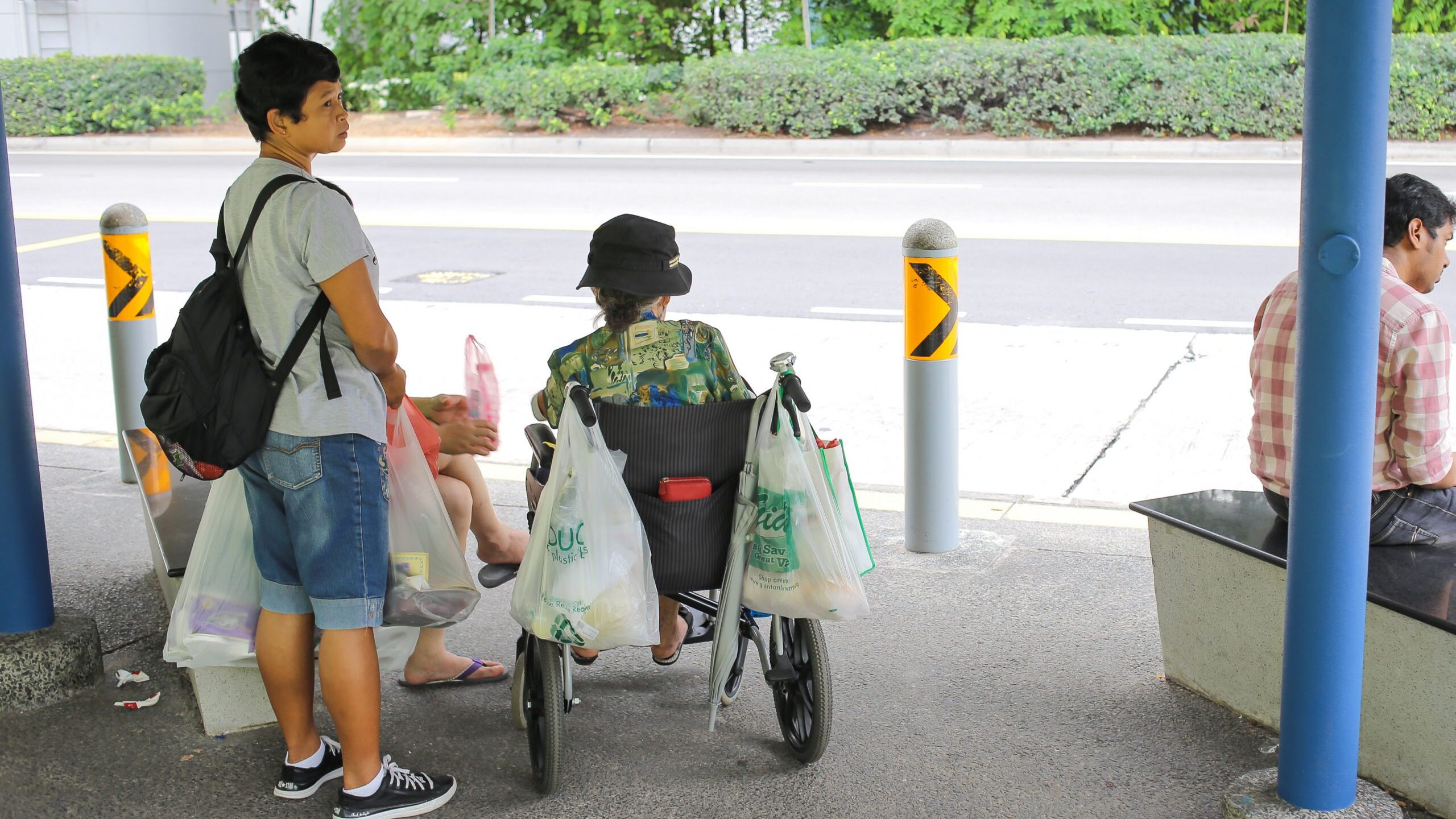Singaporean Women Living in China: The Uneven Burdens of Middle-class Transnational Caregiving
October 15, 2024
Celebrations for the National Day of the People’s Republic of China runs from 1 to 7 October annually, marking the biggest week for tourism in China yearly. Many Singaporeans have moved to China, their families becoming ‘transnational’ in the process. Research has shown that in these families, women have had to take on a significantly larger share of the caregiving burden. However, there is limited research on the impact of marital status on these workloads.
Professor Elaine Ho (NUS Geography) and Associate Professor Leng Leng Thang (NUS Japanese Studies) study the caregiving experiences of single female migrants from Singapore in their paper, “Singaporean Women Living in China: The Uneven Burdens of Middle-class Transnational Caregiving” (Asian Studies Review, 2023). The study relies on interviews with middle-class, older single female migrants, who either live in China or commute between Singapore and China.
Based on their findings, Ho and Thang provide valuable insights on how migrants grapple with gender and heteronormative biases within both migration and caregiving systems. These migrants have been restricted in terms of their migration prospects, due to the impact of gendered norms and heteronormativity. These norms are influenced by various factors: gender, ethnicity, class, marital status, and age. In turn, this has influenced their future intentions to return to Singapore, with implications on their caregiving responsibilities and personal ageing paths.
The article also sheds light on single female migrants’ perspectives toward ageing and future planning. Notably, these migrants remain committed to their caregiving responsibilities even while living overseas. Furthermore, in a gender-biased system where caregiving is most commonly entrusted to women, their status as unmarried women makes them even more susceptible to shouldering caregiving burdens.
Read the article here: https://www.tandfonline.com/doi/abs/10.1080/10357823.2022.2124955

